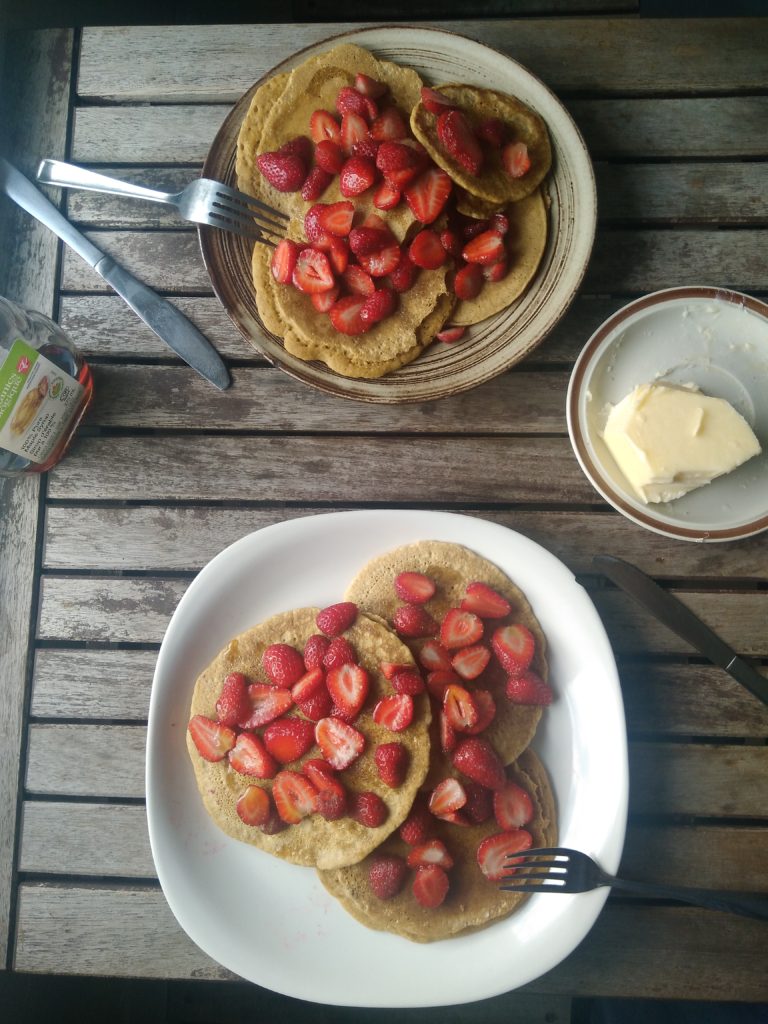
The food we eat connects us with our neighbours, both locally and globally, shaping (or destroying) our world in profound ways that frequently go unnoticed. How can we resist consumerism, build community, and work toward a more just world through the way we eat? In an article published this week in Christ and Pop Culture magazine, I explore these vital questions with my husband, Andy, who–as a farmer practicing sustainable, small-scale agriculture, brings insight from the frontlines of food production.
Here’s an excerpt:
“For millennia, food has been woven into the fabric of every society on earth as an important marker of cultural identity and belonging, a means of building and maintaining relationships, and a way for communities to grieve, celebrate, and worship together. In many parts of the world, gathering, growing, and preparing food makes up a significant portion of daily life: people are intimately involved in the process of bringing it to the table. For most of us in Western cultures however, food has increasingly become a commodity or a consumer experience. We want it cheap, we want variety, and we don’t want to have to do the dishes. Fast food and pre-made meal services abound; we are disconnected from the places our food comes from, detached from the people who grow and prepare it, and ignorant about most of its journey to our plates…”
Head on over to Christ and Pop Culture to read the rest!